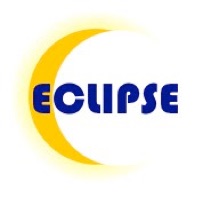Adrian was a participant in the Understanding Science project. I interviewed him near the start of his Advanced Level Physics course, when he was in Y12 (first year sixth form). At that point he had been studying two topics, Images and Waves, and Materials, but he had previously had studied physics classes for his school science ('GCSE') course. I was interested in finding out what Adrian thought the nature of physics as a science was:
Materials … sounds a very different sort of topic to me than Images and Waves.
Yeah.
And they’ve both been done in Physics?
Yeah.
So if someone said to you what’s Physics then because it doesn’t sound like it’s the same sort of thing at all really?
No, it does not. Physics, I don’t know what Physics is.
(pause 4 seconds)
I suppose it’s more looking like… I don’t know. Erm
(pause 2 seconds)
If I asked you - Do you know what Geography is, because you’re doing Geography…
Yeah.
Could you tell me what Geography was?
Probably, yeah. The study, of the environment and how humans affect the environment.
Okay. We haven’t got such a thing for Physics, we can’t say…
I wouldn’t have thought so because you study all sorts of things in Physics. You study how like… you study like things you can’t see and things you can see in Physics, whereas Geography it’s all about what you can see, the environment. Whereas in Physics you are thinking about, for example, waves which you can’t actually see, but you know they are there.
Does that make it harder than Geography, or is it too early to tell?
More complex than Geography.
So despite having studied physics as a discrete subject in secondary school, and having elected to study the subject further in post compulsory education, Adrian seemed to have no clear idea of the nature of physics - at least not at an explicit level that he was able to articulate.
Return to ECLIPSE homepage
List of science topics

Dr Keith S Taber kst24@cam.ac.uk
University of Cambridge Faculty of Education
© Keith S Taber, 2013